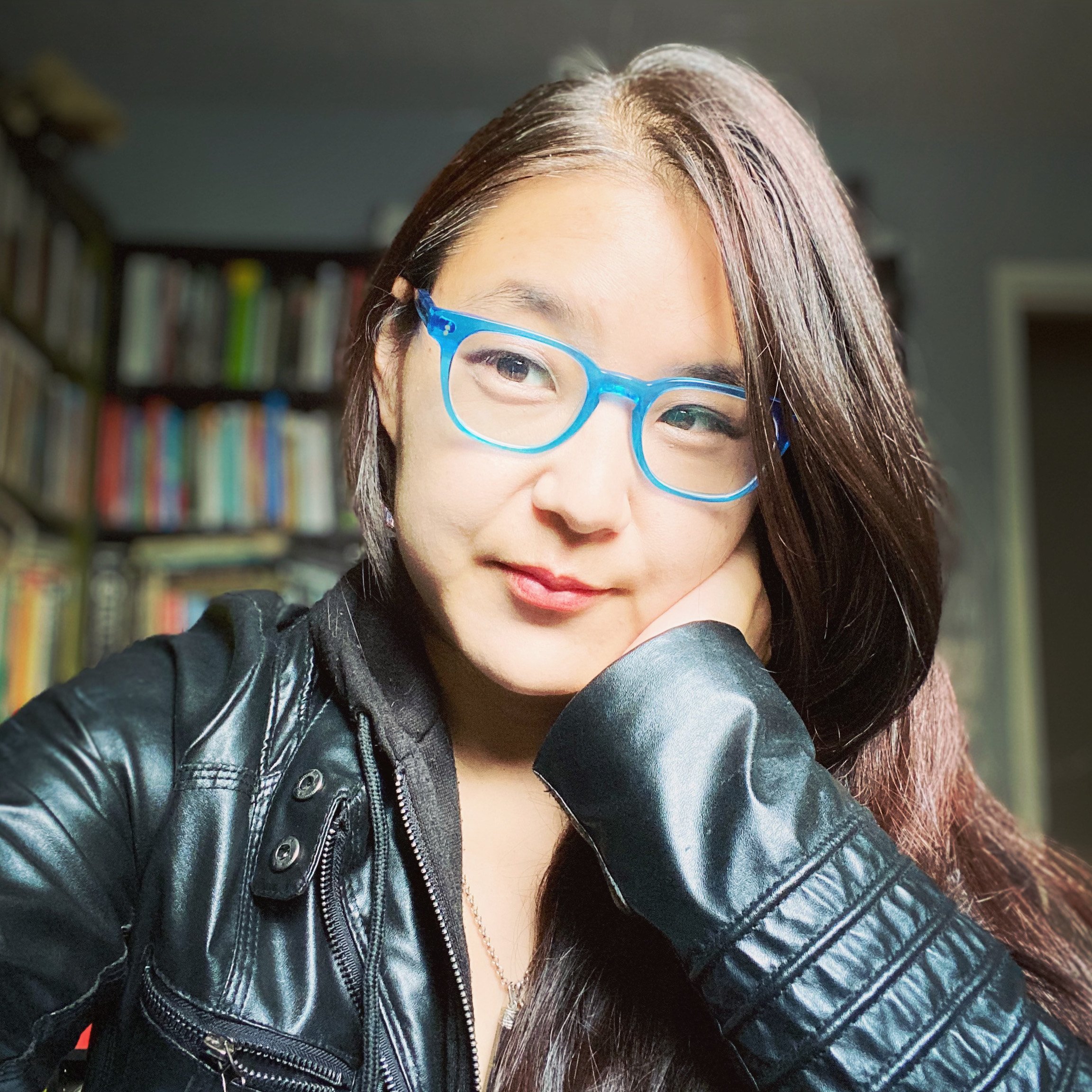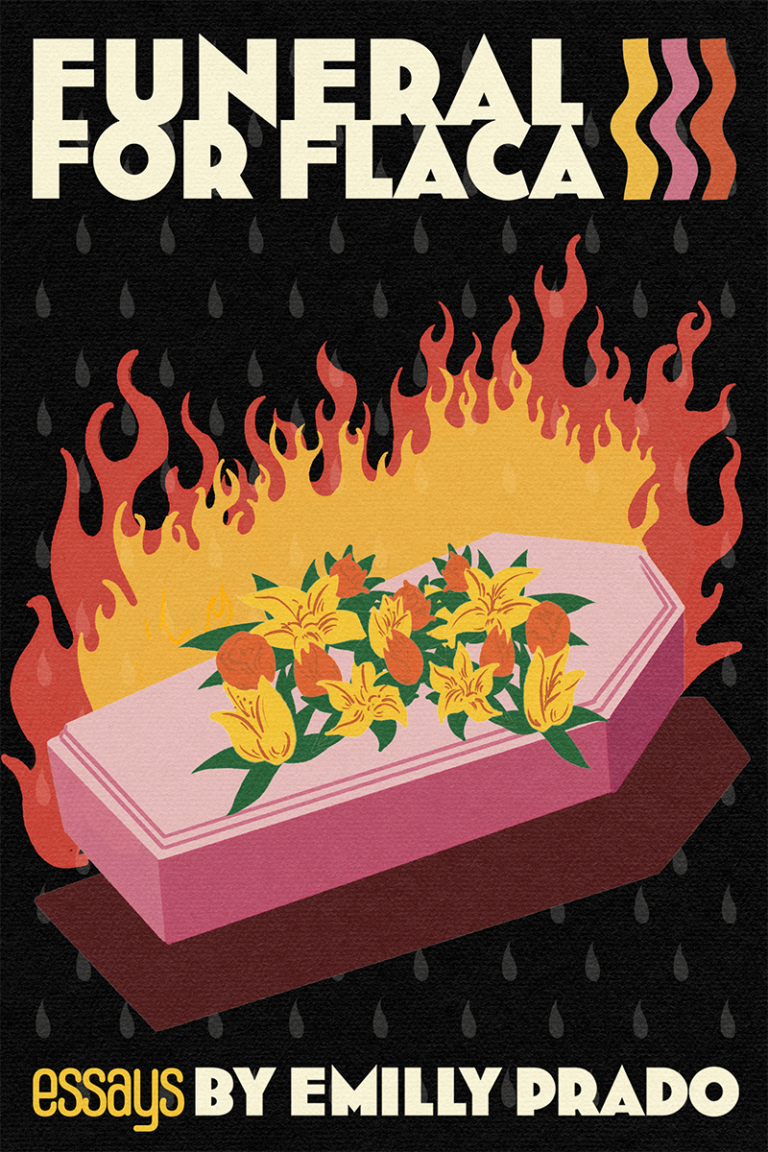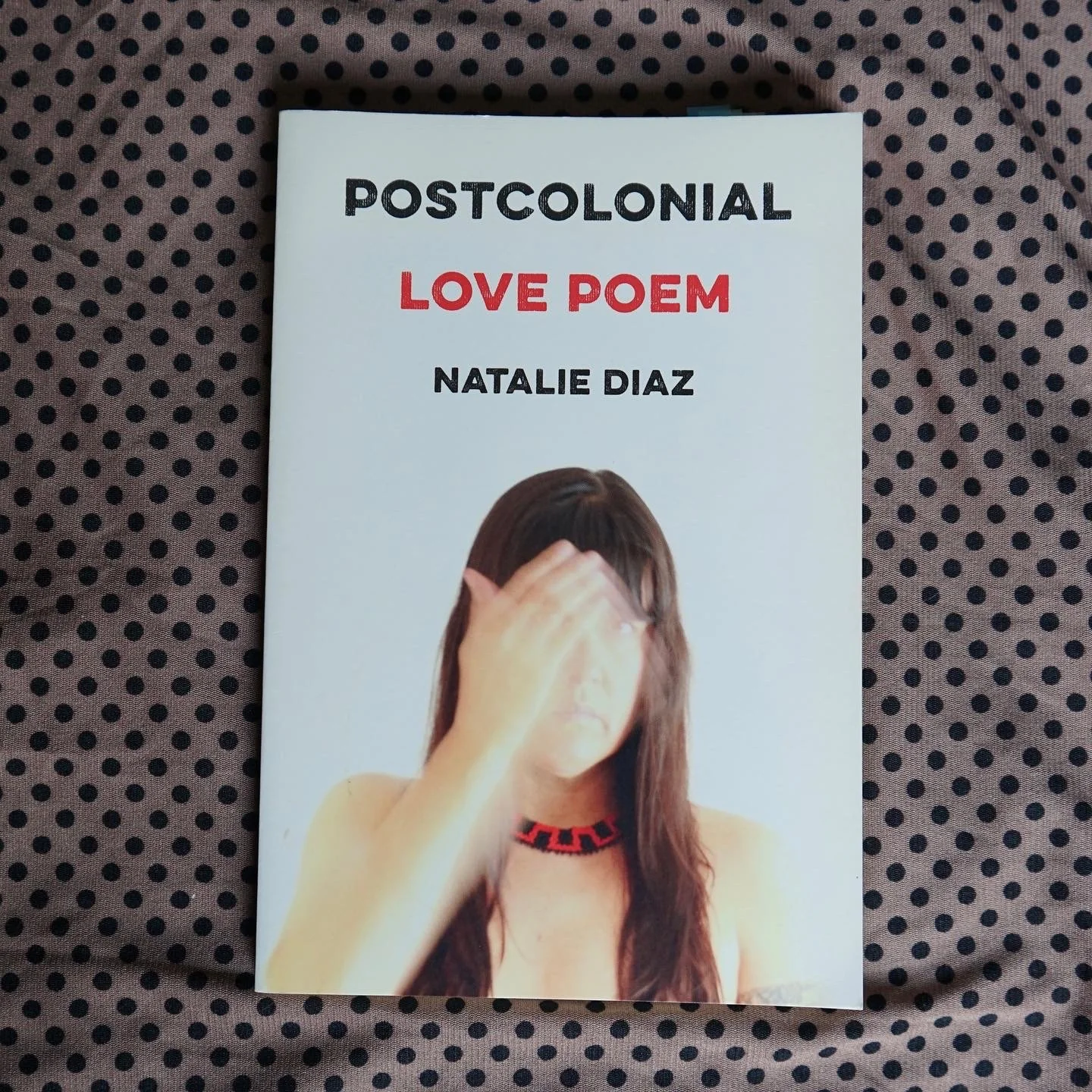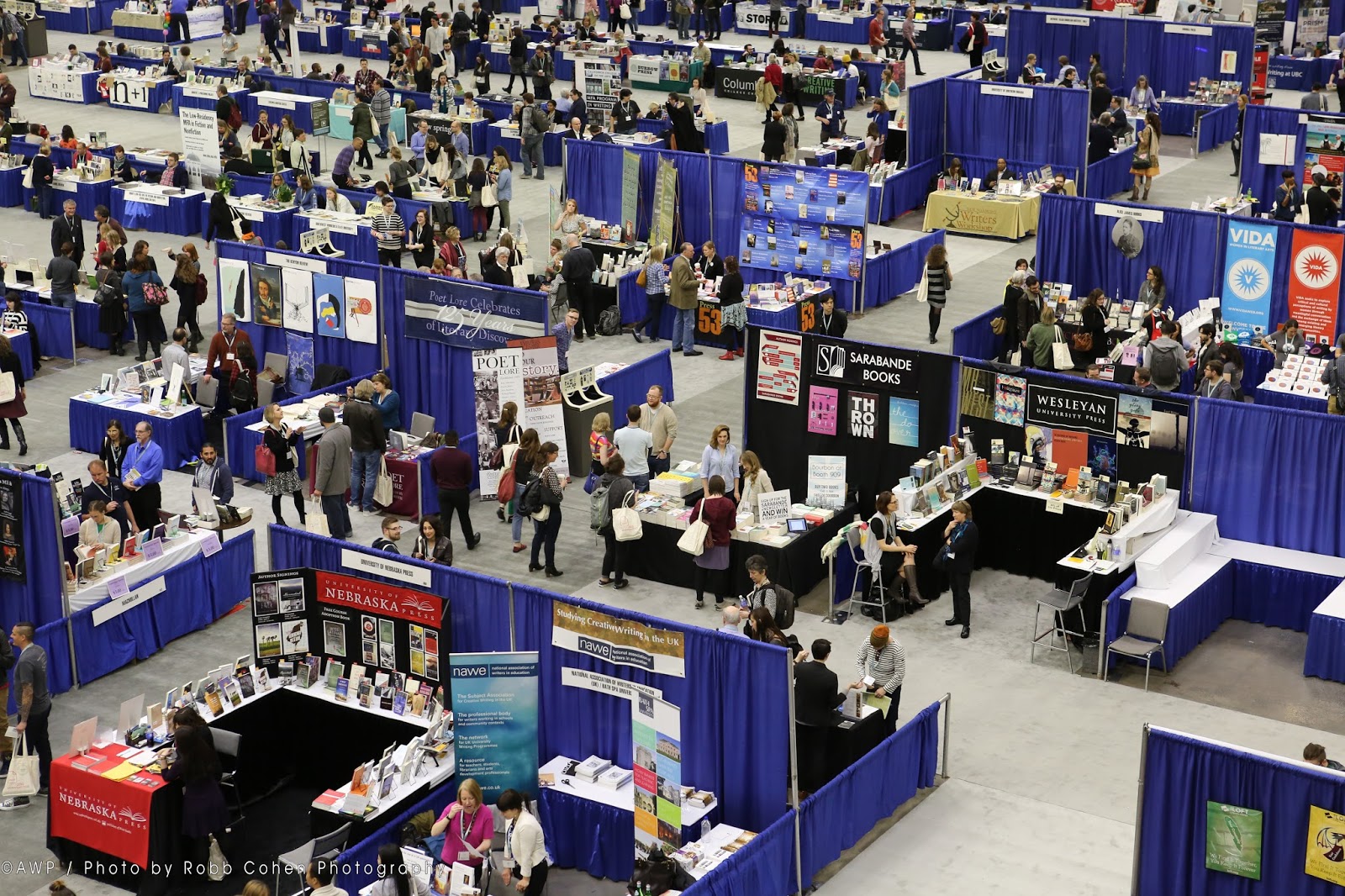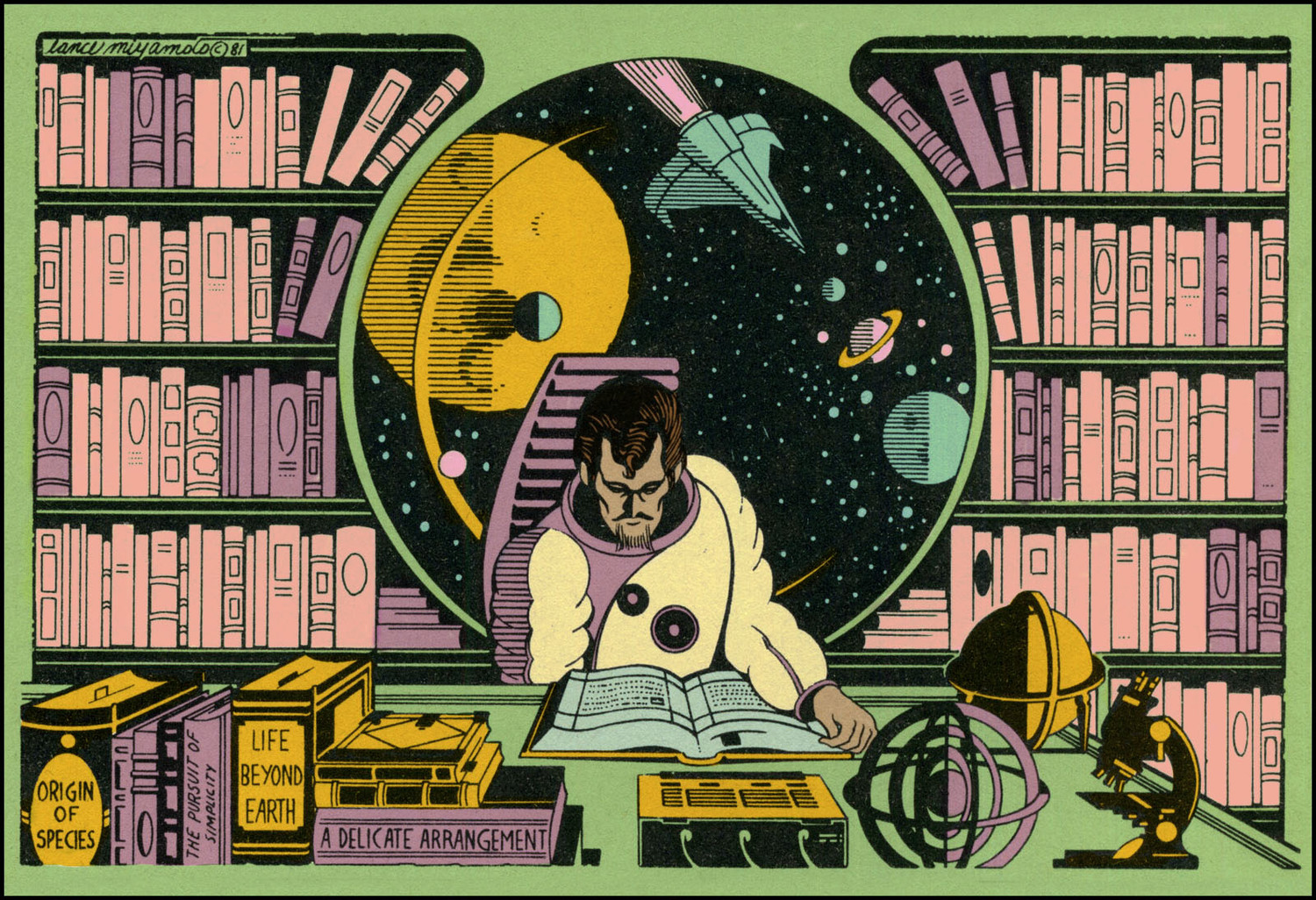Last week, we looked at the invisible archive of craft-oriented texts and lectures by writers of color. This week's post revolves around a related topic -- namely mentorship: the availability and impact of mentors of color both within the academy and without.
The desire to seek out a mentor is an old one. One of the classic tropes in Tang dynasty poetry is the scholar-official's unsuccessful attempt to visit a recluse, often with the intent to discuss poetry and/or enlightenment. In most of these cases, the seeker's encounter with absence becomes the occasion for relaying a conversation that never takes place. Rather than viewing such missed encounters with disappointment, the tone of these poems tends toward a strange peaceful reverie in the poet's momentary brush with enlightenment (see Paula S. Varsano's excellent critical piece on this tradition). Somehow in not finding the hermit, the seeker finds something else awakened and revealed in the awaiting silence.
For most of us, the failure to find the mentor we are seeking rarely translates into an epiphany about what we are trying to do or become as writers. Instead, silence sometimes begets more silence. Absence, further absence. The missing mentor leaves a void that cannot be adequately or satisfactorily filled with the surrounding white noise of the world.
The writer of color who takes a creative writing class or pursues graduate work in creative writing through a typical MFA or PhD programs tends to find the workshop experience a lonely one, filled with moments of misunderstanding, confusion, silencing, and even erasure. Even when universities attempt to diversify their undergraduate and graduate student populations, their efforts to build a creative writing spaces friendly to writers of color fall short if their faculty ranks do not reflect the same diversity and complexity of experience and identity. It's not enough to bring in visiting professors and guest writer speakers either - after these voices depart, there remains a lingering yearning to find and work with more experienced writers of color who can model what it means to live, write, and teach both in the academy and outside it.
Why should it matter who our mentors are? When I was an undergraduate studying computer science at a private religious university, I was given permission to take graduate level creative writing classes - an opportunity I am deeply grateful for. This wouldn't have happened without the encouragement of a professor who recognized in my writing something that could grow under the mentorship of another. Both the professor who encouraged me to petition for a spot in that workshop, and the creative writing professor who I studied under that semester were white, but they invited me to the table and created a space for me in their classrooms. In general, my experiences in that workshop and the subsequent workshops were positive - I wrote poetry, received feedback, and did not feel pressured to write in particular ways or toward particular narratives. And yet, when I reflect on those experiences in comparison with my later experiences at UC Riverside studying under Chris Abani, Juan Felipe Herrera, and Michael Jayme, I can't help but note the differences that having a mentor who shares the experiences of being a person of color can make. This contrast becomes even more heightened when I include my experiences at Kundiman and other spaces that served exclusively writers of color.
What can a mentor of color can bring to the table that their white colleagues cannot? Although one's race and ethnicity do not magically instill a superior sense of craft or greater teaching and mentoring ability (ie. you can find poor mentors of all race and ethnicities out there - mediocrity is no respecter of persons), it is often the case that a more experienced writer of color brings with them a wealth of insights into not just cultural and familial patterns and concerns, but also to the very isolating experience of being alone in a predominantly white space (be it the classroom, the reading event, the academy, or the realm of publishing). It is not just empathy, but love that we most often crave when we seek out a mentor who shares our background and experiences - not just empathy, but also a sense of being seen as an individual and not as token member or a race ambassador. What I valued most from my workshops with Chris Abani, for example, was his willingness and frankness in calling us out when we were hiding behind labels and tokenizing ourselves in our work, rather than engaging honestly and acknowledging more completely the privileges with which we were writing.
Even more powerful than a single mentor of color is the experience of being immersed in a community of writers of color. Organizations like Cave Canem, Kundiman, and Canto Mundo offer annual retreats for African American, Asian American, and Latinx writers respectively where younger writers can be mentored by more experienced writers from their own community. This immersion can produce lasting effects which a writer of color might not otherwise experience. At Kundiman, for example, I discovered that Asian American poetry was far more vast in its scope and diverse in its experiences than any literature class or anthology had hitherto led me to believe - and further, that the act of writing and sharing our work in these spaces could be simultaneously communal and political, affirming and revolutionary. Prior to my first retreat, I oblivious to most of these things. I had taken an Asian American literature, but largely felt outside of the community, believing (erroneously) that I had little in common or anything to offer, and that as a mixed race Chinese-Scottish Canadian that I probably did not belong. And yet, very quickly it was apparent that whatever anxieties I harbored going in, were not mine alone - and that instead, we all had similar fears, similar worries about how we fit or did not fit with the idea of "Asian American." I often comment to others that while attending a writing retreat like Idyllwild, Squaw Valley, or Breadloaf might provide you (if you're lucky) with a few new friends and peers with which to share work, experiences like Kundiman offer you a family you didn't know existed that you never knew you needed - and as a family, Kundiman becomes a life-changing and life-long relationship. You become part of an ever-growing family that expands generation after generation and whose alumni spread out over the nation and the world, recreating that experience in their own classrooms and communities, seeking to inspire others with what has changed their life.
When thinking about mentorship, I'm sometimes reminded of the ending of Li-Young Lee's long poem, "The Cleaving," in which he comes face to face with the butcher:
What then may I do
but cleave to what cleaves me.
I kiss the blade and eat my meat.
I thank the wielder and receive,
while terror spirits
my change, sorrow also.
The terror the butcher
scripts in the unhealed
air, the sorrow of his Shang
dynasty face,
African face with slit eyes. He is
my sister, this
beautiful Bedouin, this Shulamite,
keeper of sabbaths, diviner
of holy texts, this dark
dancer, this Jew, this Asian, this one
with the Cambodian face, Vietnamese face, this Chinese
I daily face,
this immigrant,
this man with my own face.
- excerpt from "The Cleaving" by Li-Young Lee
There is something amazing about sitting down with a mentor who shares your face, whose life in some way or another, has paralleled your own, whose journey through this world is marked with common struggles, common injustices, and common sorrows. It can be a sacred and holy thing to be seen - truly seen - in a discussion of your work and your craft. Whether it is across the table in a university workshop, at a retreat, over drinks after a literary event or conference, or via email or Skype, this encounter with another can empower us and inspire us to keep writing - and perhaps, lead us to inspire others.
Perhaps we will go looking for a mentor or for resources in our community and still not find them, but my hope is that even if we encounter an absence and void, that encounter might lead us to create what isn't there. I am reminded of an interview that Sarah Gambito and Joseph Legaspi did with Lantern Review in 2013 on Kundiman's 10th anniversary -- in it Sarah speaks of her own struggles to find literary community as a young writer and how Kundiman became a way to answer a need she had known as well:
When I was 21 and had just moved to New York City, I remember just feeling overwhelmed and at a loss. I knew I wanted to be a writer, but I didn’t really know what that meant. I was so hungry for fellowship and belonging and I didn’t know where to look for it. I remember going to readings and standing beside the cookies and not knowing what should happen next. I needed Kundiman before Kundiman. And, I realized that sometimes you have to become what it is you wish you had. Kundiman has sheltered me and continues to provide me with the grist, the tools to believe in myself as a poet. As a teacher and administrator, I’ve learned how to fight for what I want. Nothing is given. The fight is harder and easier and more pleasure than I had thought possible.
I'm interested in hearing about other people's experiences with mentorship: finding mentors, not finding mentors, becoming a mentor, or creating spaces of mentorship.
This week I'm offering a short list of retreats which cater to writers of color - spaces where you might find mentors and a community - as well as some additional resources for finding a mentor of color. Feel free to suggest any that I've overlooked.
Next week, I want to build a list of mentors of color who teach both inside the academy (ie. POC professors of creative writing and where they teach) as well as outside (ie. private creative writing coaches / mentors / workshop leaders). If you have suggestions, please send them in as well.
POC WRITING RETREATS / RESIDENCIES / WORKSHOPS
Canto Mundo (Latinx | poetry) - Columbia University, New York, NY (late June)
Cave Canem (African American | poetry) - University of Pittsburgh, Greensburg, PA (mid June)
Jack Jones Literary Arts Retreat (Women writers of color | all genres) - SMU-in-Taos, Taos, NM (October)
Kimbilio Fiction (African diaspora | fiction) - SMU-in-Taos, Taos, NM (July)
Kundiman (Asian American | poetry, fiction, creative non-fiction) - Fordham University, Bronx, NY (late June - different retreat dates for different genres)
Macondo Writer's Workshop at Guadalupe (Latinx, but also other writers of color, women, LGBTQ | all genres) - San Antonio, TX (Summer)
RAWI / Radius of Arab American Writers (Arab American writers | all genres) - various cities and times
Rhode Island Writer's Colony / Third Floor Studio (writers of color | all genres) - Rhode Island (August)
VONA / Voices of Our Nation (Any writers of color with a social justice interest | all genres) - University of Pennsylvania, Philadelphia, PA (late June & July, plus additional regional workshops)
The Watering Hole Poetry Residency (Writers of color | poetry) - Santee State Park, SC (December)
ADDITIONAL RESOURCES FOR FINDING MENTORS
Portland in Color - a showcase of POC living in Portland, many of whom are artists, writers, and creatives.
Writing With Color (blog) - dedicated to writing and resources centered on racial & ethnic diversity
Writing in the Margins (site down) - pairs up emerging writers from historically underrepresented communities with experienced editors or traditionally published writers who work closely together to get a manuscript ready for publication (at no charge)




